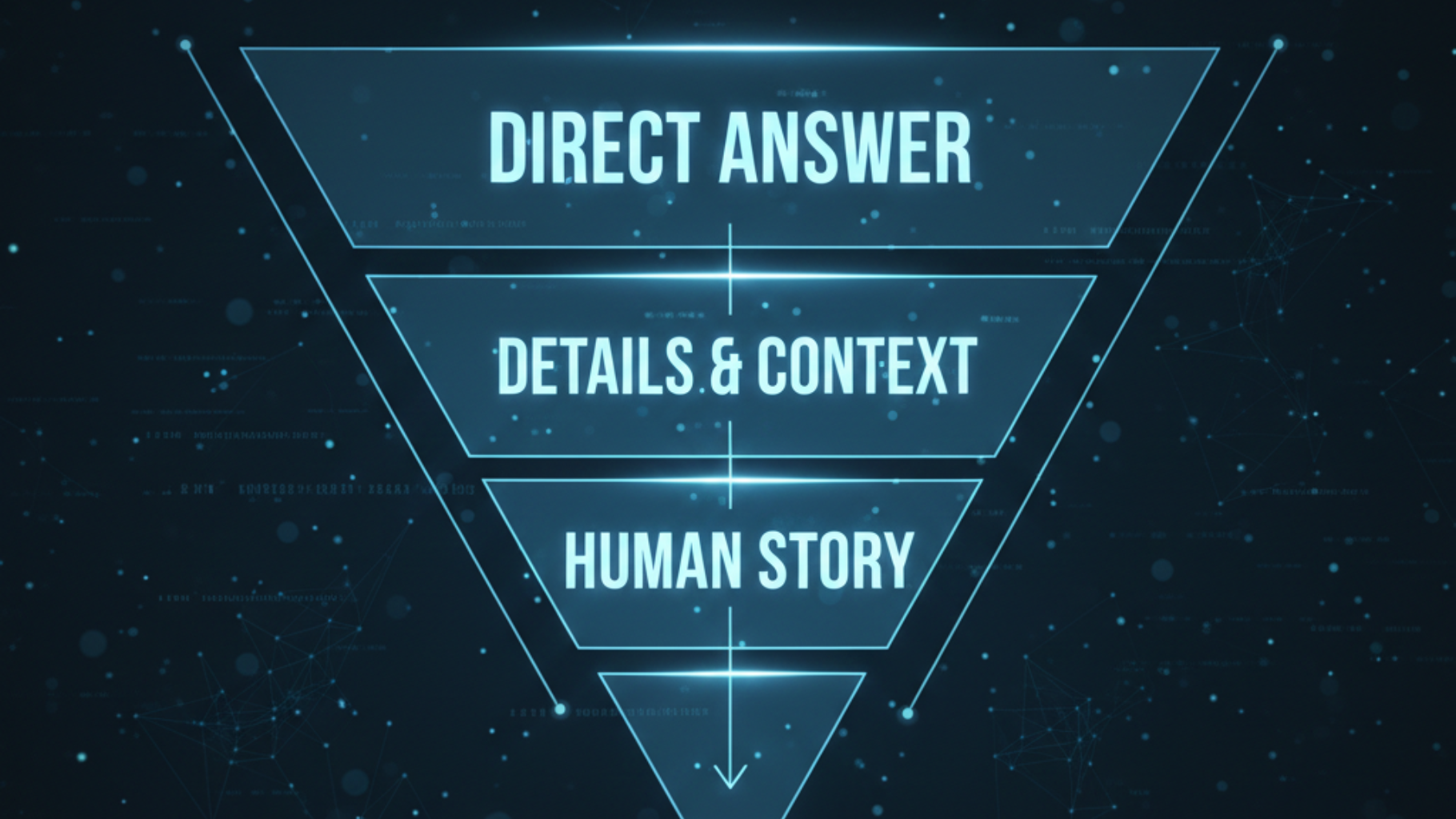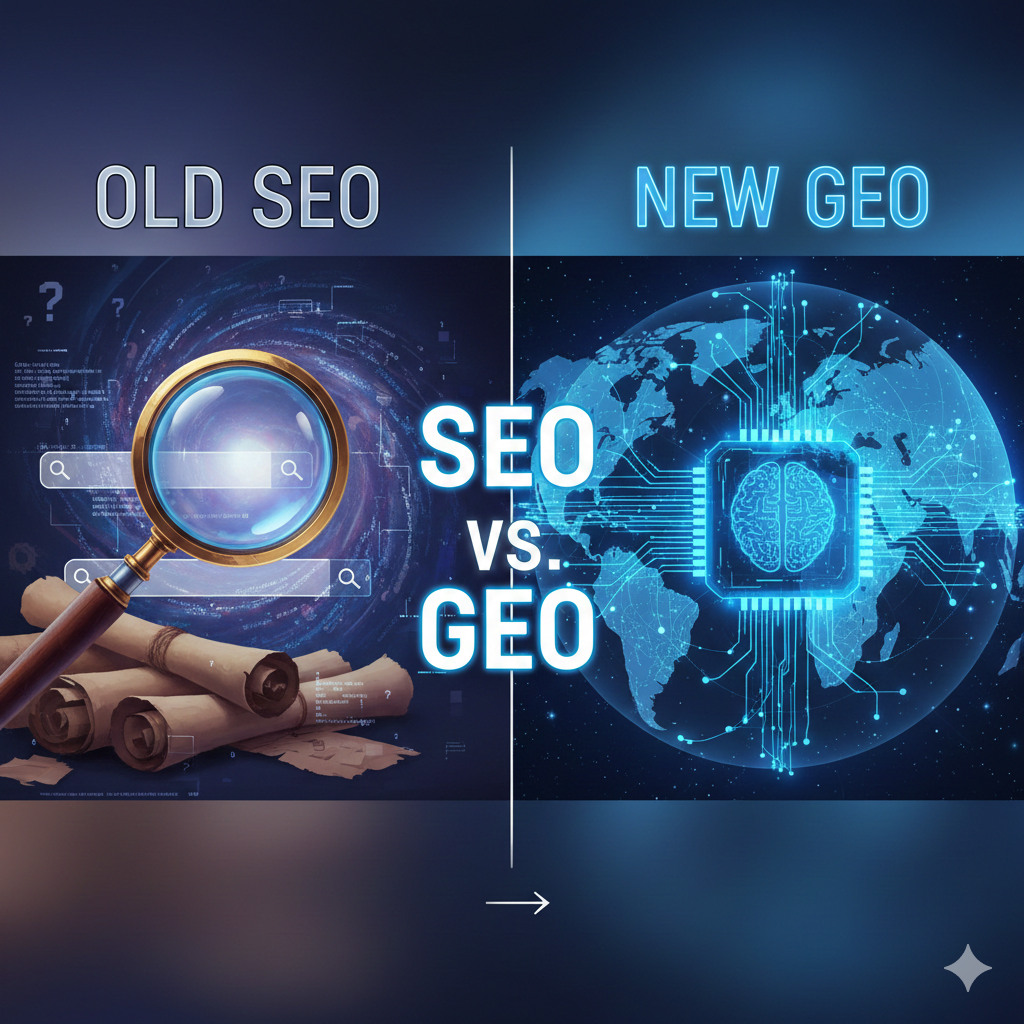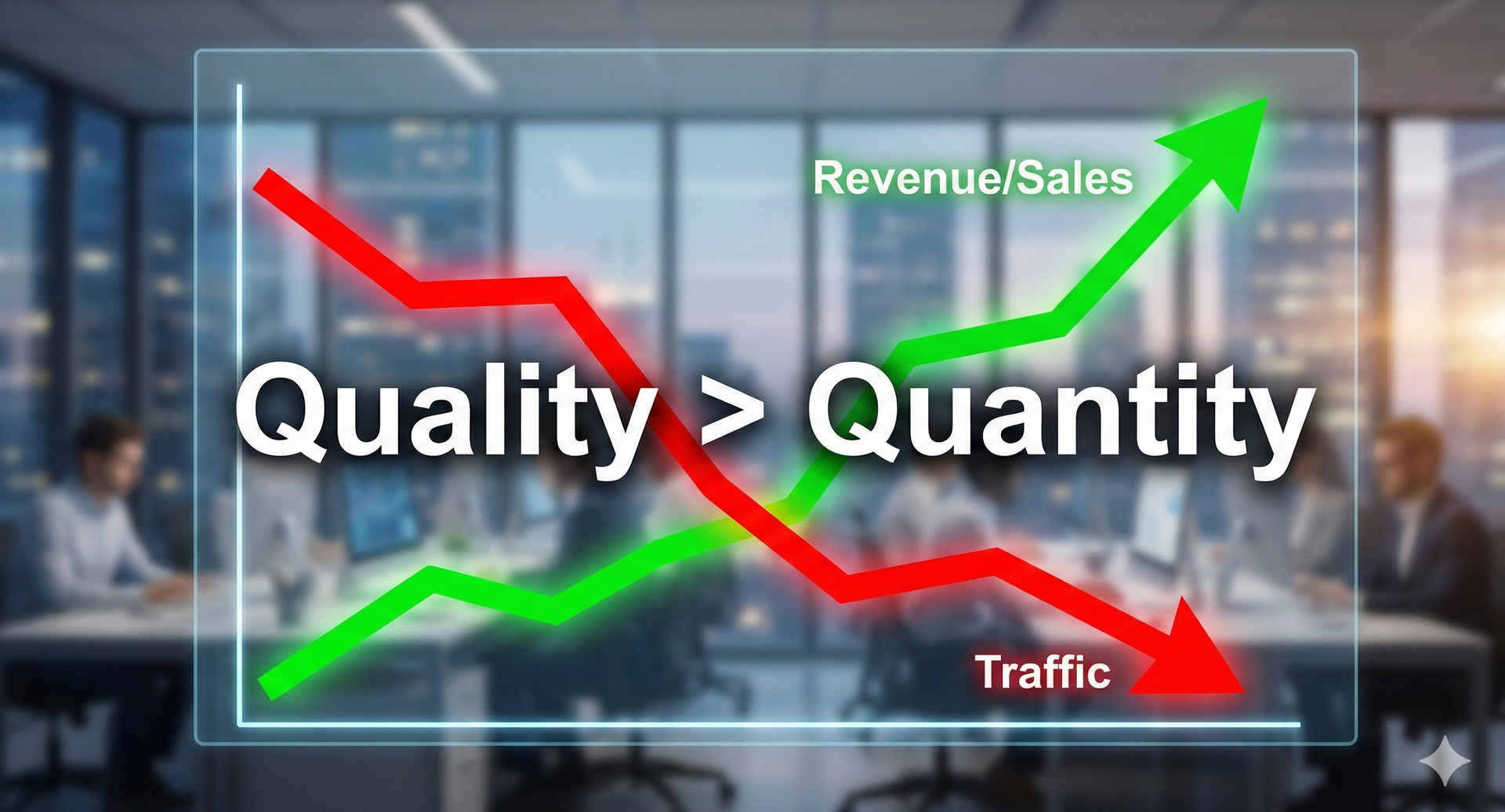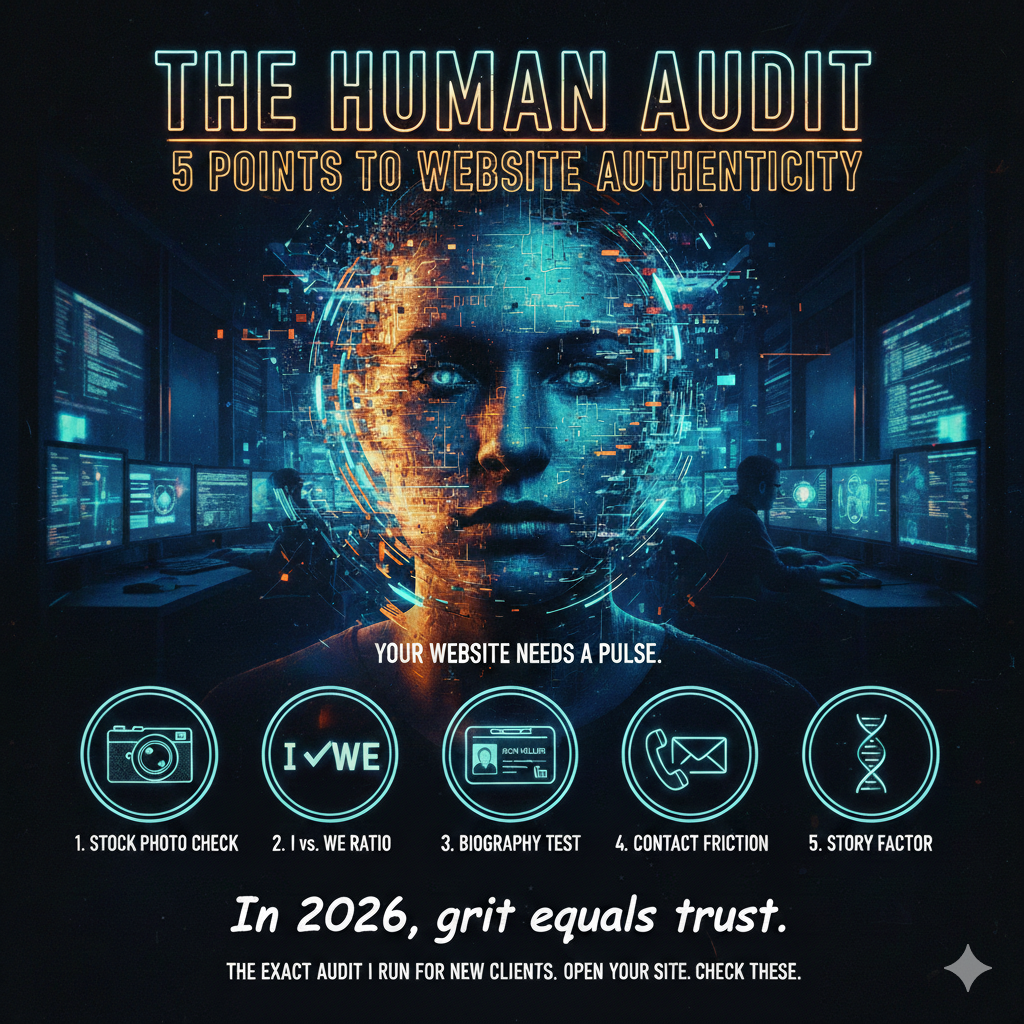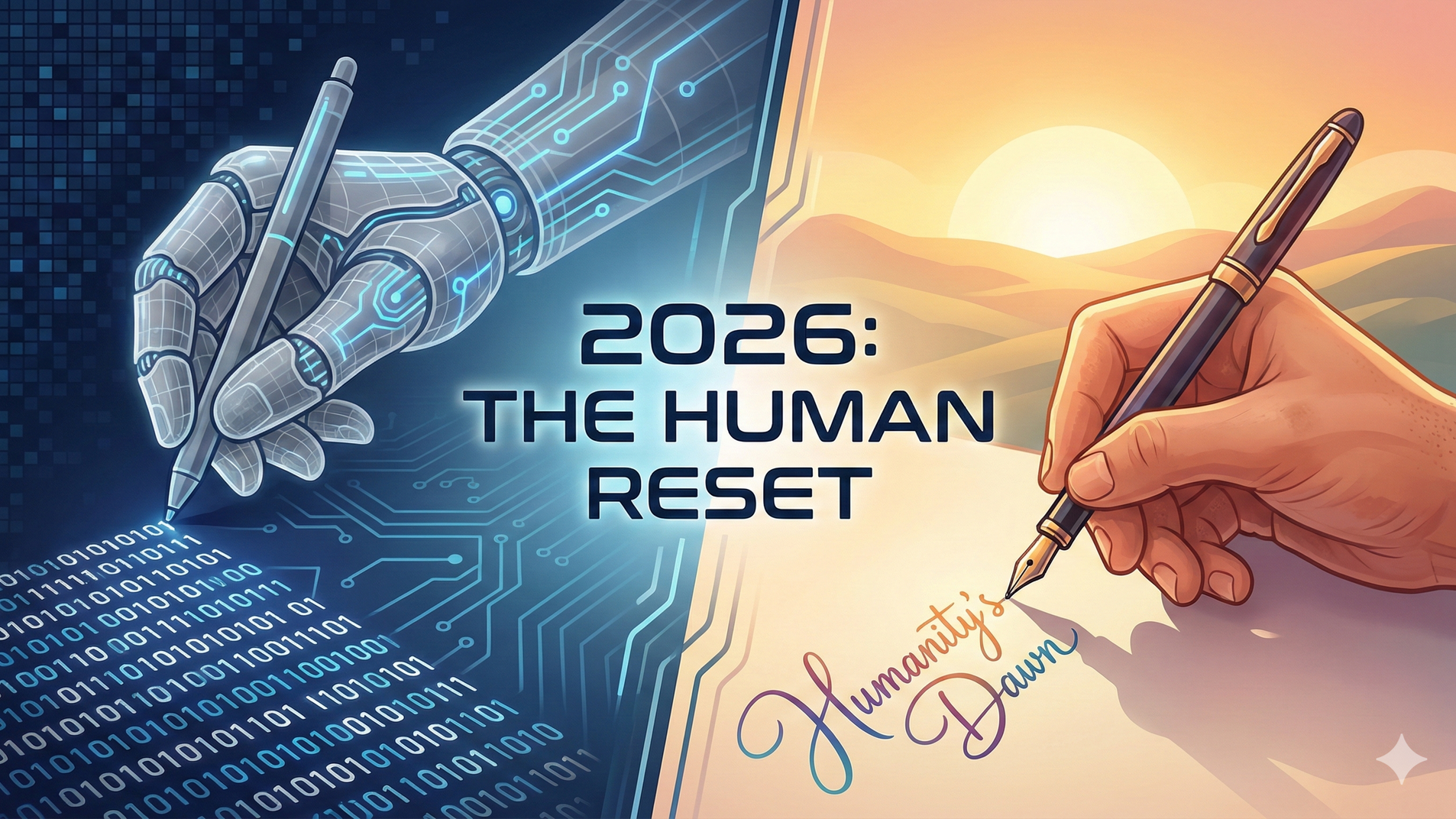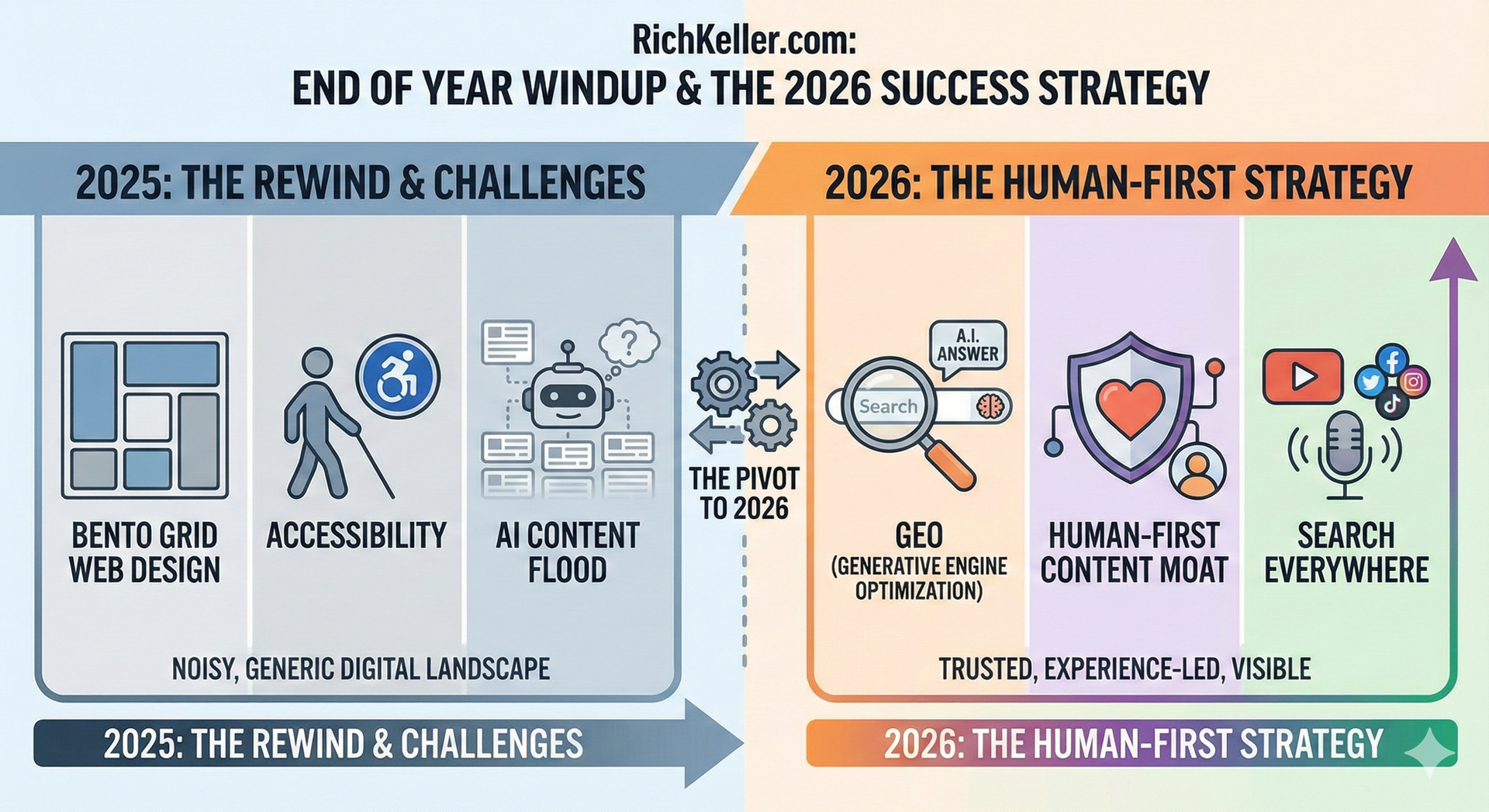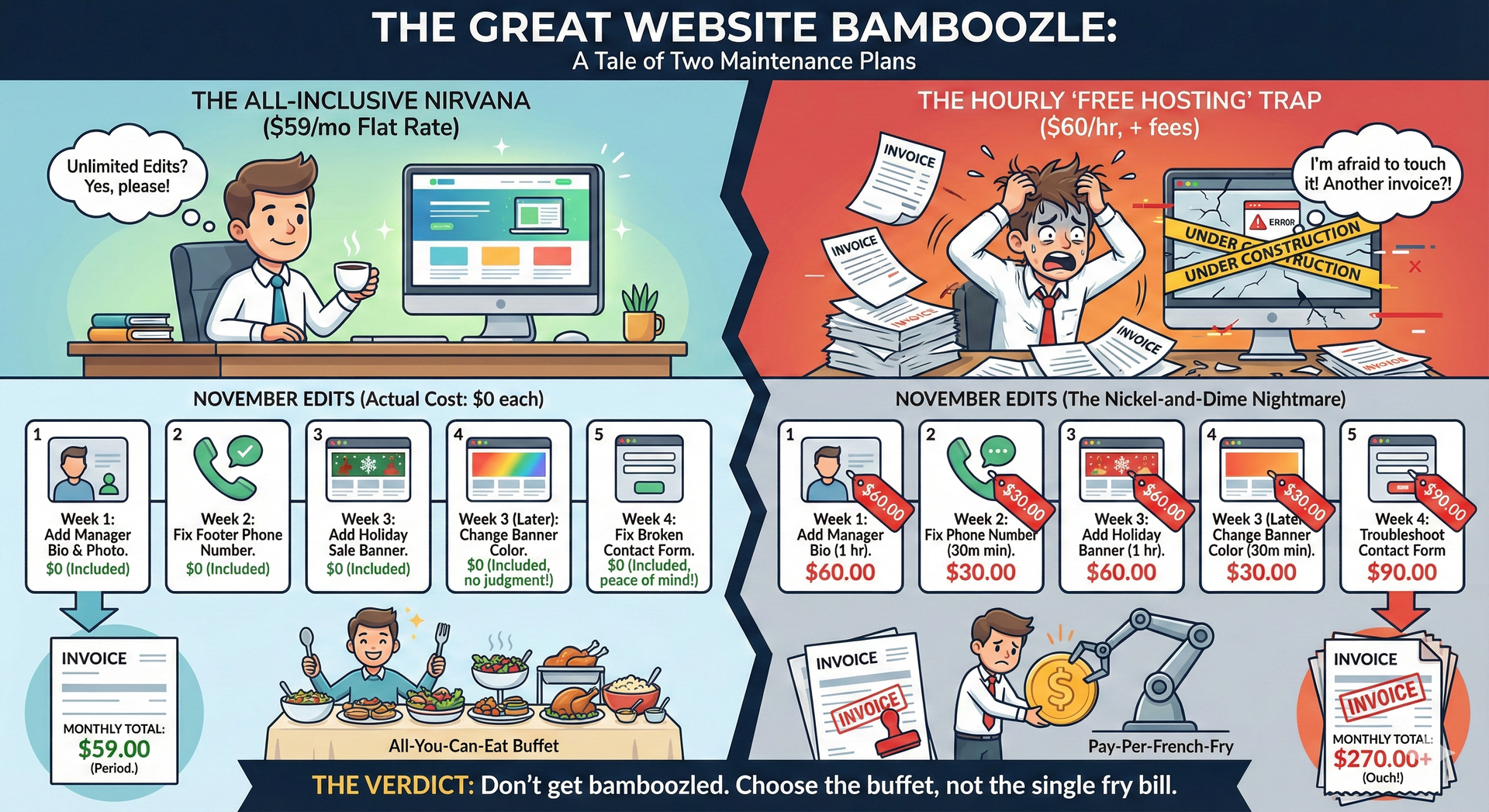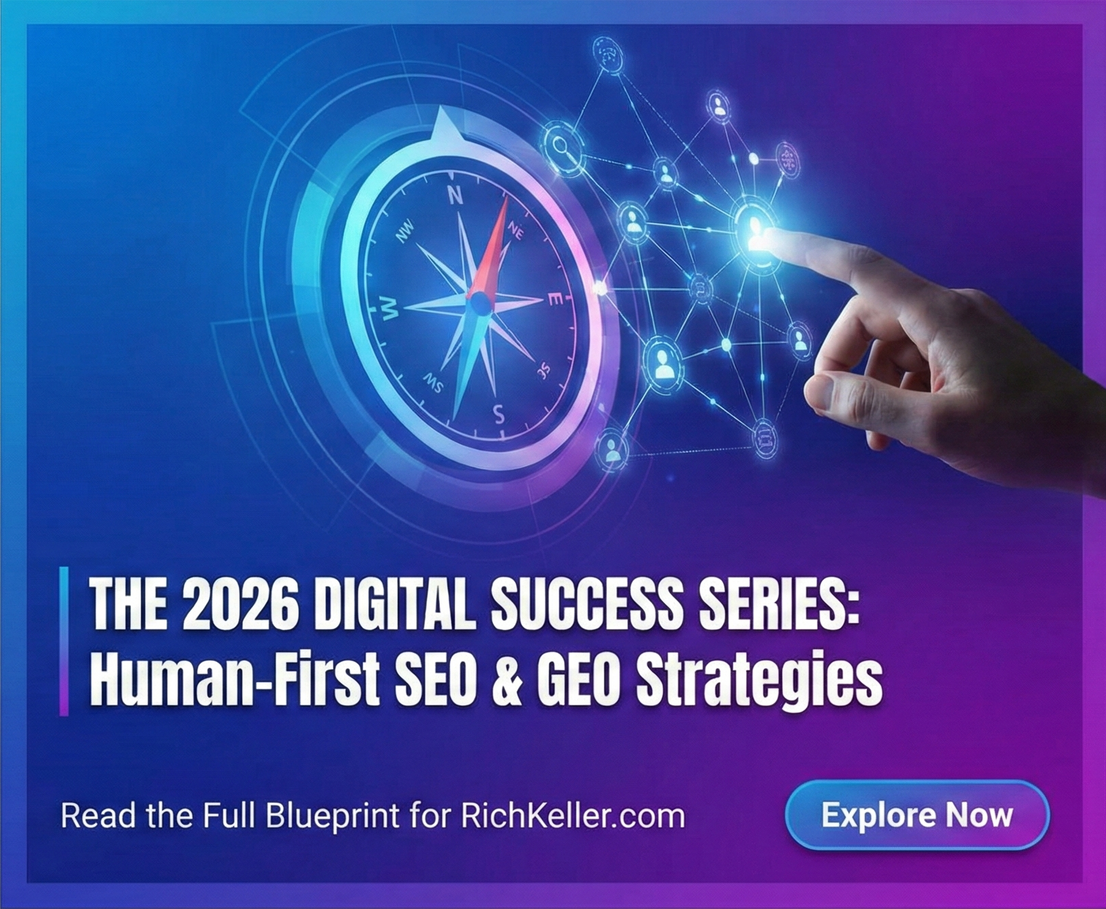Expertise, Authoritativeness, and Trustworthiness

In recent years, Google has increasingly focused on ensuring its search results provide users with high-quality, reliable, and trustworthy information. To achieve this goal, Google has devised a set of criteria to evaluate the quality and relevance of web pages and websites. One of the most important of these criteria is E-A-T.
E-A-T stands for Expertise, Authoritativeness, and Trustworthiness, and Google uses it to assess the quality and relevance of web pages and websites concerning specific search queries. Let's take a closer look at each of these three factors:
🍬 Expertise refers to the knowledge, skills, and experience of content creators and websites in a particular topic or field. Google wants to ensure its search results provide users with authentic, helpful, and relevant information. It does this by assessing the level of expertise demonstrated by the content creators and the website.
For example, if you're searching for information on a medical condition, you would want to see content from experts in the medical field, such as doctors, researchers, and medical institutions. Google looks for signals of expertise, such as the content creators' educational background, professional experience, and the quality and depth of the information provided.
🥪 Authoritativeness refers to the reputation and credibility of the website and its content creators. Google wants to ensure its search results provide users with trustworthy and reliable information. It does this by assessing the level of authority demonstrated by the website and its content creators.
For example, if you're searching for information on a political issue, you would want to see content from authoritative sources, such as reputable news organizations, think tanks, and government institutions. Google looks for signals of authority, such as the number and quality of links pointing to the website, as well as the reputation and credibility of the content creators.
🍭 Trustworthiness: Trustworthiness refers to the reliability, accuracy, and integrity of the information presented on the website. Google wants to ensure its search results provide users with truthful, accurate, and unbiased information. It does this by assessing the level of trustworthiness demonstrated by the website and its content creators.
For example, if you're searching for information on a controversial topic, you would want to see content that presents a balanced and accurate view of the issue without any apparent biases or distortions. Google looks for signals of trustworthiness, such as the accuracy and consistency of the information presented, as well as the transparency and objectivity of the content creators.
So, why is E-A-T essential for websites? The answer is simple: because it can have a significant impact on their search engine rankings. Websites with high expertise, authoritativeness, and trustworthiness are more likely to rank well in Google search results. At the same time, those that lack these qualities may need help to attract traffic and visibility.
In recent years, Google has made several changes to its search algorithm that have placed a greater emphasis on E-A-T. For example, the "Medic" update in 2018 targeted websites that provided health-related information without demonstrating sufficient expertise, authoritativeness, and trustworthiness. This update significantly impacted many health-related websites, some of which saw their search rankings plummet overnight.
So, what can website owners and content creators do to improve their E-A-T? Here are a few tips:
- Focus on creating high-quality content that is accurate, useful, and relevant to your target audience.
- Demonstrate your expertise by providing detailed and in-depth information on your website and showcasing your credentials and experience as a content creator.
- Build your authority by earning links from reputable websites in your field and participating in relevant online communities and discussions.
- Ensure that your website is trustworthy by providing accurate and unbiased information, citing your sources when appropriate, and being transparent about your affiliations and potential conflicts of interest.
- Provide a positive user experience by making your website easy to navigate, mobile-friendly, and fast-loading.
- Engage with your audience by responding to comments and feedback and providing opportunities for interaction and discussion.
By focusing on these factors, website owners and content creators can improve their E-A-T and increase their chances of ranking well in Google search results. However, it's important to note that E-A-T is just one of many factors that Google uses to evaluate the quality and relevance of web pages and websites. Other important factors include keyword relevance, page load speed, and mobile-friendliness.
E-A-T is a critical criterion used by Google to evaluate the quality and relevance of web pages and websites.
By demonstrating expertise, authoritativeness, and trustworthiness, website owners and content creators can improve their chances of ranking well in Google search results and attracting more traffic.
While E-A-T is just one of many factors that influence search engine rankings, it's essential and worth taking the time to understand and optimize for it.
Cost-Effective Turnkey Solutions at Just $99/month.
Transform your online presence with Rich Keller.
Starting at $99/month, you receive:
- Professional Website
- AI Tools for Writing
- SEO Optimization
- Digital Marketing Services
- Unlimited edits.



